"Like the Dyer's Hand"
A documentary I suggest
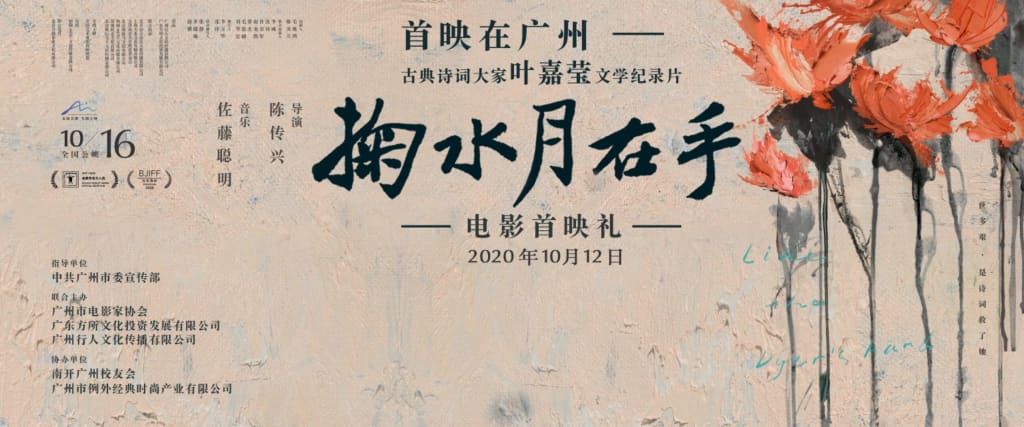
If you like poetry, want to know Chinese poems, or feel interesting in Chinese ancient culture, here is the movie "Like the Dyer's Hand" for you. ‘Like the Dyer's Hand’ is a documentary that was taken two years and released recently. It is the final chapter of ‘The Trilogy of Poems’ directed by Chen Chuanxing, which recorded the legendary life of contemporary poet Ye Jiaying (1924 - ).
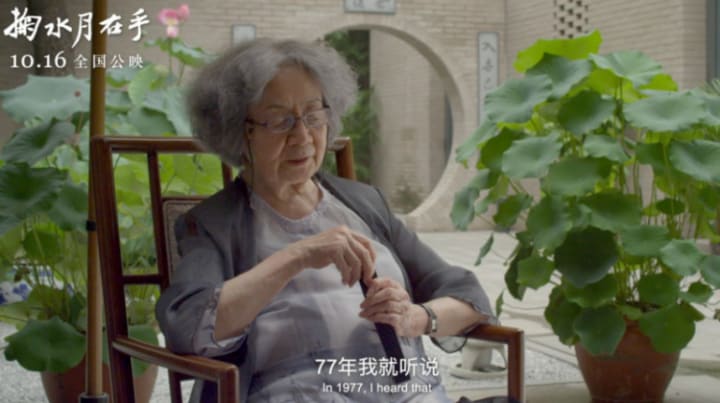
Who is her? Why do I suggest you, a Westerner curious about Eastern literature, watch it? Because if you understand Madam Ye, you understand Chinese classical poetry more systematically and better. Madam Ye integrated previous poetic theories like integrity theory, elegant theory, sphere theory, etc. and pointed out “the roused and sensed vitality” as the foundation of poetry’s life. She then fully elaborated it in conjunction with classical poetry, found a suitable position for it, and gave a more logical and speculative theoretical explanation. Simultaneously, Madam Ye has lived in the USA and Canada for many years and has conducted serious research on Western literature. She has developed a way to look at Chinese classical poetry from a Western perspective, combining Chinese and Western literary theories, trying to integrate the aesthetic characteristics and traditional Chinese poetry into a large coordinate of modern time and space so that people today and global can also appreciate the charm of classical Chinese poetry. Her cultural blending has traditional classical literature, Taiwanese literature, overseas Chinese literature, and Western literary theory. She interprets and writes poems. She is the poem itself. “She is Homer, Du Fu, the Book of Songs, the daughter of our Chinese poetry for thousands of years.”
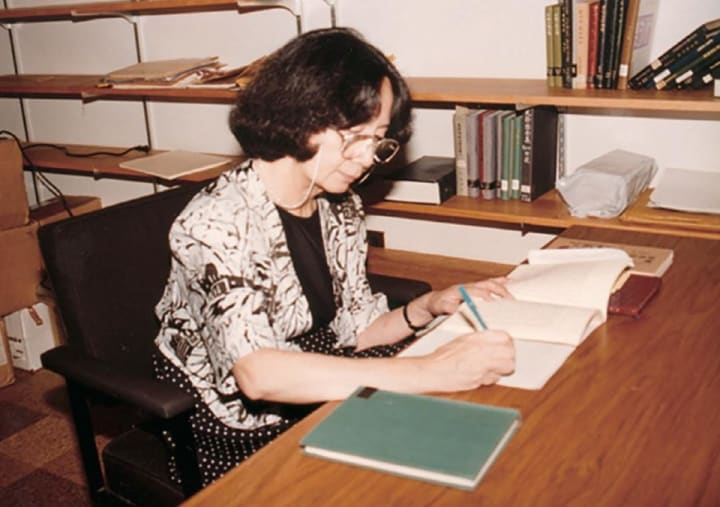
Madam Ye has been teaching for more than half a century and on both sides of the Taiwan Strait, and the East and West. She is more than 90 years old but still teaching. Her contribution to teaching classical poetry talents is unmatched. Most of her works are profound but simple and easy to be understood, which has a great role in promoting poetry, attracting fans, and continuing to carry forward classic poetry. In many of her classes, her symbolic speech with frustrated rhyme and quotation is enjoyable, and sometimes you could feel that it is not a lecture but a pastime. The most important thing is to listen to her talk about why Du Fu became Du Fu, and Su Shi became Su Shi. The analysis is like peeling cocoons and drawing silk, and like the spring breeze in March. The strong resonance brought by the poems may be the charm of “Like the Dyer's Hand” and all the poems.
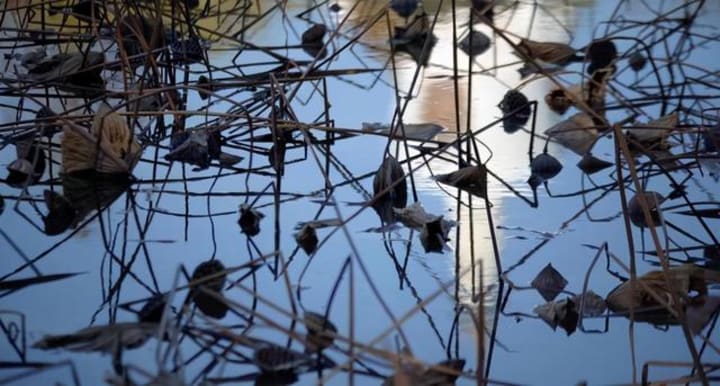
Although Madam Ye has long been well-known, she retains the image of “sunny spring and white snow” like the classical poems she spread and composed in most readers’ minds. It is elegant, beautiful but far-sighted and inaccessible. The “Like the Dyer's Hand” zoomed in to show her side as a “mortal.” The “Like the Dyer's Hand” is not a text analysis or word-by-word interpretation of the poems, nor the style summary of Madam Ye’s poems and recommendation to her famous essays, but reverting poetry to the flow of the poet’s life. That is also the flow of ancient poems.
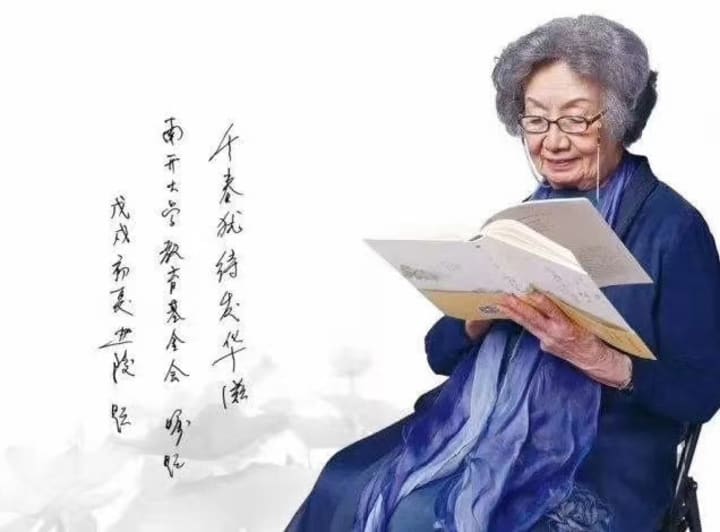
While the film shows many poems, it also contains the exile’s testimony of the great era, and she and her poems survive under the background. For example, in the film, there is such a poem written by her:
The house is nearby; the owner is far away; Willow is amorous, but it has to face the parting;
It is still raining; the Spring is almost ending; crab-apple is emaciated that there is no sign of Spring.
This is the words that appeared in Madam Ye’s dream when she met terror in Taiwan in the 1950s. She was arrested with her breastfeeding daughter, and her husband was imprisoned for three years. Her subconscious was sentimental towards the involuntary separating and dispersal and sorrow for flowers’ emaciated and good times no longer.
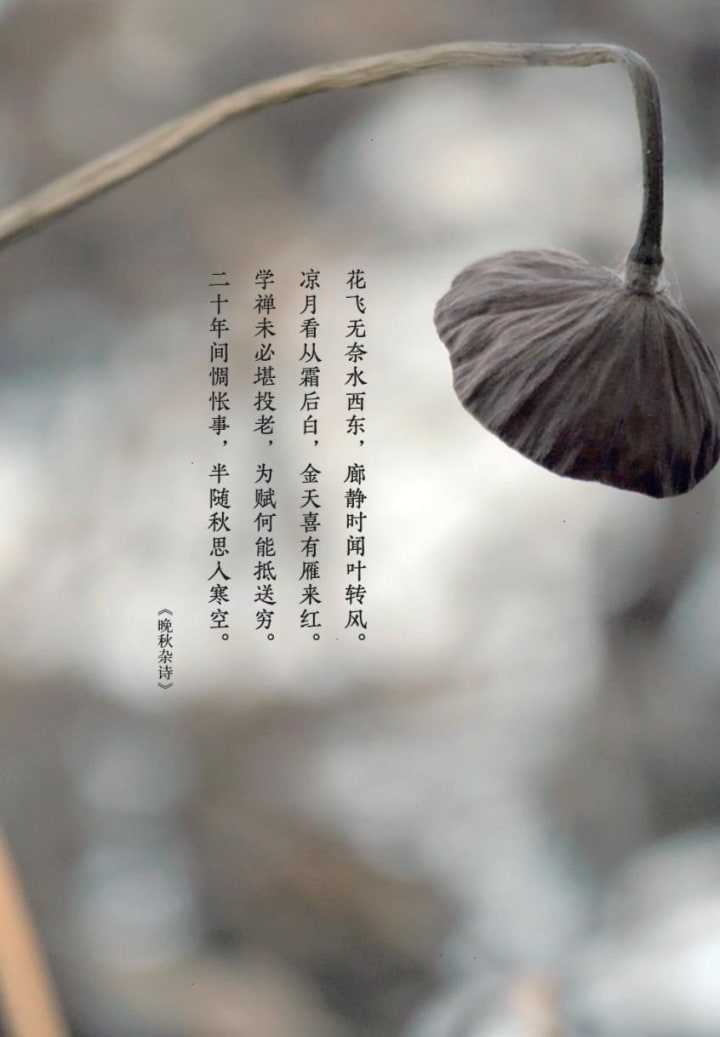
On the other hand, this film, per se, is a literary documentary that combined literature and film. The film is about Madam Ye’s life and soul, a verse, and a scroll of ink painting. It has a refined and elegant charm, gentle and long. It tells the Chinese culture, art, and history easily and calmly. It has transcended nations and races' barriers and has reached the realm of civilization and beauty that humanity has pursued together. This is just like Madam Ye’s poem:
The emptiness surpasses the flesh; inspires the Tathata from light and shade.
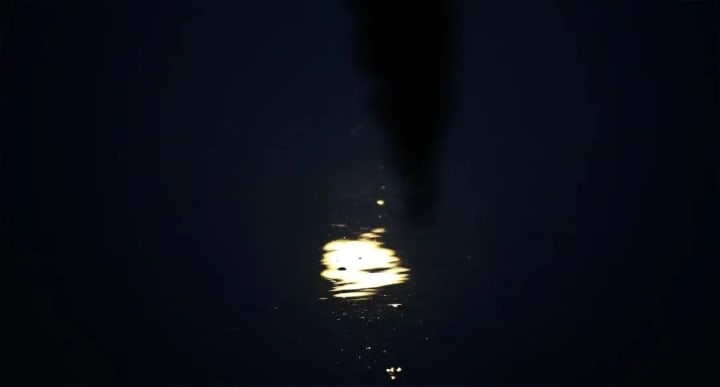
Mr. Chen Chuanxing wants to use “Like the Dyer's Hand” to discuss the relationship between “poem and existence,” that is, Heidegger’s “poetry as the residence of existence.” So he used Madam Ye’s old courtyard house, which was demolished in Beijing’s Chayuan Hutong, to tell her life. On the other hand, the courtyard house is superimposed with more metaphors. After Ye came to Taiwan with her husband in 1948, she often dreamed of “cannot go back”: In the dream, she returned to her old courtyard house in her hometown Peking, She found the gate was closed. She could not enter the courtyard, just wandered outside. To her, the old courtyard is her beautiful childhood, a haven for memories, and the hometown she could not be back to anymore. Chen Chuanxing strung the whole documentary using the old courtyard house's structure, from outside to the inner yard, to the wing-room step by step and overlapped Madam Ye and her poems on the huge place of memories.

“The film is like phantoms in the water, like dew, like a flash, like dreamy bubbles. It’s true or false. Pursing maximum freedom through poetry.” Producer Liao Meili expressed her original intention: ”We hope that the new generation can return to the beautiful literary world through the style of images and movies. In an era when literature is gradually weakening, literary poetry can soothe the hearts of many people.” And the production manager Shen Wei said: “Madam Ye has a word ‘I have the beauty of passive virtue, but I am not weak.’ I hope everyone can find their own nebula and energy in the movie.”
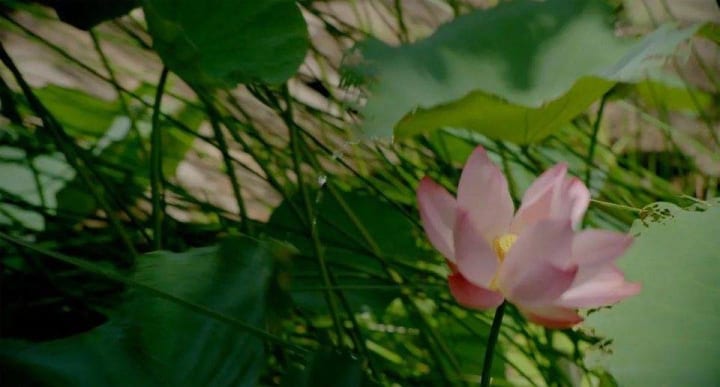
Feel the beauty of poems! I strongly suggest you watch it.
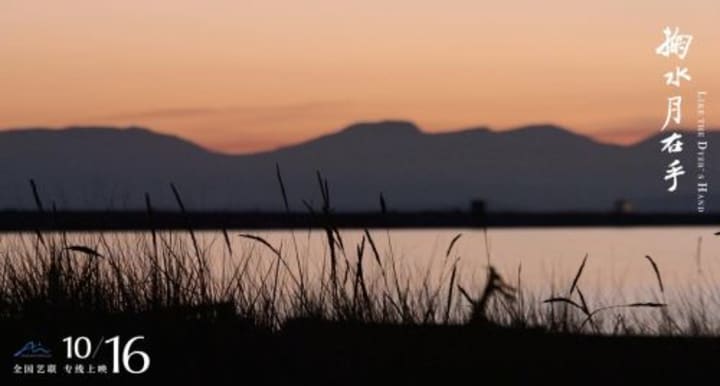
P.S., What is “Like the Dyer's Hand" mean? It’s from a poem:
Moon Over the Spring Mountain
Yu Liangshi (Tang Dynasty)
In the spring mountains, there were many spots worth seeing,
I forgot to return from my enjoyment though night fell.
In my hands that held water clear, the moon seemed shining, (Like the Dyer's Hand)
The caress of flowers steeped my clothes with a sweet smell.
My mood for sightseeing lasted despite the distance,
I tried to leave but hated to part with the fragrance.
Looking southward at the place where the bell was tolling,
I saw in the deep of dark green the bell house standing.
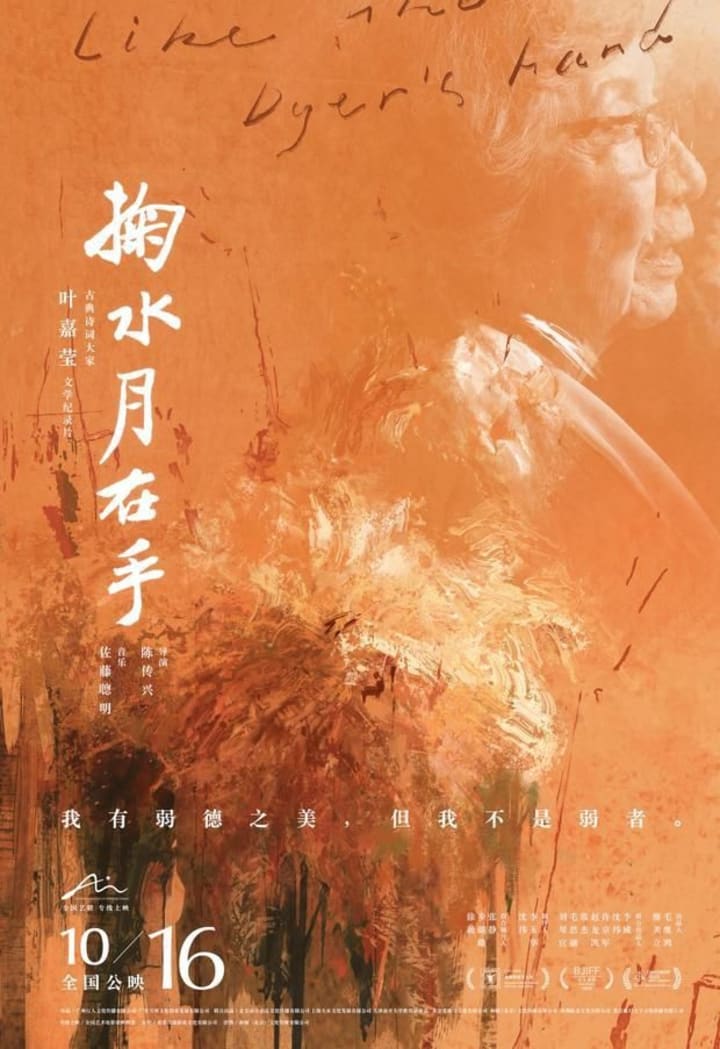






Comments
There are no comments for this story
Be the first to respond and start the conversation.